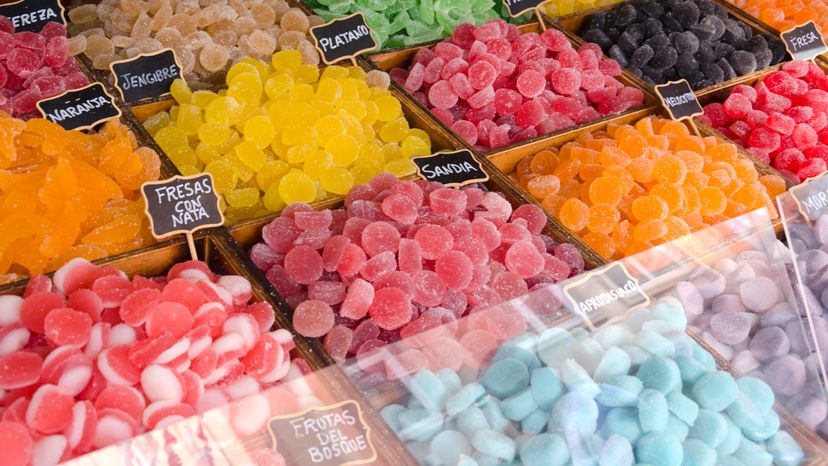Natural flavors, or natural flavoring, derive from food sources, like fruits, vegetables, herbs and spices. They capture the essence of these ingredients through various extraction methods, providing recognizable taste experiences.
Any natural flavor is normally quite complex, with dozens or hundreds of chemicals interacting to create the taste and smell. But it turns out that many flavors — particularly fruit flavors — have just one or a few dominant chemical components that carry the bulk of the taste/smell signal. Many of these chemicals are called esters.
For example, the ester called octyl acetate (CH3COOC8H17) is a fundamental component in orange flavor. The ester called isoamyl acetate (CH3COOC5H11) is a fundamental component of banana flavor.
If you add these esters to a product, the product will taste, to some degree, like orange or banana. To make more realistic flavors you add other chemicals in the correct proportions to get closer and closer to the real thing. You can do that by trial and error or by chemical analysis of the real thing.
Artificial flavors are synthetic food additives and mimic the taste of natural flavors, though they do not come directly from food sources, including "spice, fruit or fruit juice, vegetable or vegetable juice, edible yeast, herb, bark, bud, root, leaf or similar plant material, meat, fish, poultry, eggs, dairy products or fermentation products thereof."
Anything that we smell has to contain some sort of volatile chemical — a chemical that evaporates and enters a person's nose. The evaporated chemical comes in contact with sensory cells in the nose and activates them. In the case of taste, a chemical has to activate the taste buds.
Taste is a fairly crude sense — there are only four values that your tongue can sense (sweet, salty, sour, bitter) — while the nose can sense thousands of different odors. Therefore most artificial flavoring constituents have both taste and smell components.
Check the Ingredient List
While a food item might name an ingredient, like maple, the best way to know the difference between natural and artificial flavorings is to check the ingredients list.
As the FDA explains, "Current regulations allow use of terms like 'maple,' 'maple-flavored,' or 'artificially maple-flavored' on the food label without having any maple syrup in the product, as long as it contains maple flavoring ... If you want to know if maple products have real maple syrup, you must look at the ingredient list on the package."
The same goes with fruit flavors; you'll want to see whether the list includes fruit juice.
